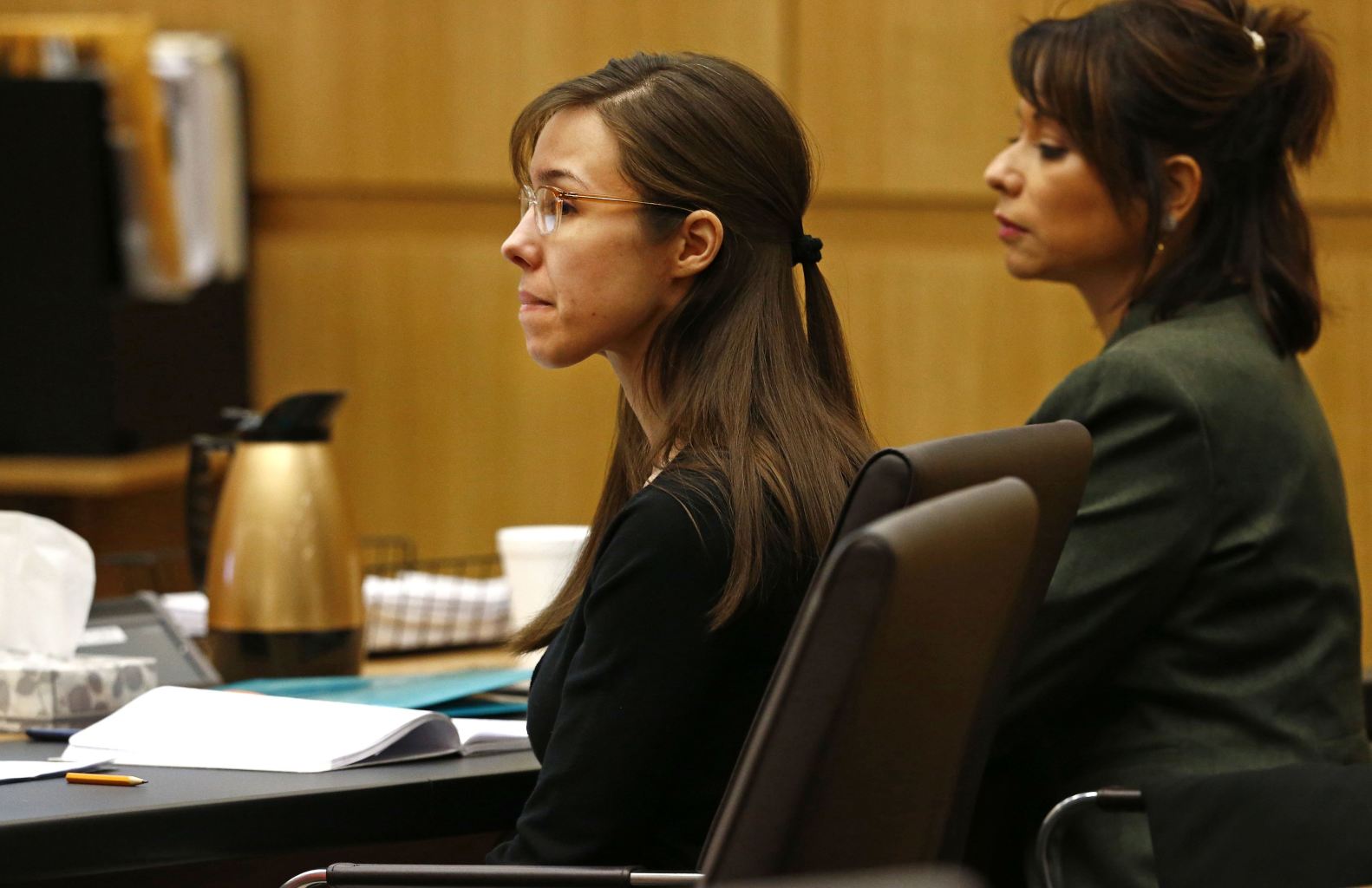Defense Attorney Biography
Source:-Google.com.pk
Defense Attorneys' Responsibilities
Defense attorneys are responsible for providing a vigorous and competent defense for their clients. If a defense attorney fails in his duties or does not appropriately represent the client, a client can potentially get a mistrial if convicted and sue a defense attorney for malpractice.
A Competent Defense
A competent defense is defined as the type of defense a reasonably capable attorney would provide. Defense attorneys must prepare opening and closing statements, question and cross-examine witnesses, and present defenses in a court of law. If a defense attorney fails at any of these tasks, or fails to object when the prosecutor asks an improper question or the judge gives improper instructions, the defense attorney may be considered incompetent. An attorney may also be considered incompetent if he doesn't file the right requests, or motions, with the court- such as a motion for evidence to be excluded if it was improperly obtained.
Defense attorneys must vigorously represent you, even if they know you are guilty. A defense attorney must present any possible defenses, and ensure that the prosecutor respects all of your constitutional rights when prosecuting a trial. The only limits to a defense attorney's obligation to present your defense are that a defense attorney cannot knowingly present false information or ask a question that he knows you are going to lie to under oath. An attorney can request that you not tell him certain information, so that he will be unaware of whether you are telling the truth or not when you are put on the stand, but he cannot knowingly help you to lie.
The Importance of the Client's Wishes
Defense attorneys must also represent the wishes of their client. If you, as a client, want to plead not guilty, it is your attorney's responsibility to file that plea and prepare your case accordingly. Your defense attorney may not believe that you have a good case, and he can advise you of his expert opinion, but he cannot tell you what to do and he must represent your interests regardless of whether he agrees with your course of action or not.
Confidentiality
Defense attorneys must maintain confidentiality in nearly all situations. If you tell your defense attorney where ‘the bodies are buried' either figuratively or literally, your defense attorney must keep that information secret and cannot disclose it to anyone. The only exception to this rule is you tell your attorney you are planning to commit future harm to another person and your defense attorney believes it is reasonably likely that you will actually commit this harm, in which case the attorney then has a duty to warn the victim.
Defense Attorneys Role in the Criminal Justice System
Defense attorneys play an important role in the criminal justice system. A defense attorney aims to help prevent innocent people from going to prison. Defense attorneys also safeguards constitutional protections, ensuring that due process of the law is followed before a person is convicted of a crime.
Defense attorneys are responsible for providing a vigorous and competent defense for their clients. If a defense attorney fails in his duties or does not appropriately represent the client, a client can potentially get a mistrial if convicted and sue a defense attorney for malpractice.
A Competent Defense
A competent defense is defined as the type of defense a reasonably capable attorney would provide. Defense attorneys must prepare opening and closing statements, question and cross-examine witnesses, and present defenses in a court of law. If a defense attorney fails at any of these tasks, or fails to object when the prosecutor asks an improper question or the judge gives improper instructions, the defense attorney may be considered incompetent. An attorney may also be considered incompetent if he doesn't file the right requests, or motions, with the court- such as a motion for evidence to be excluded if it was improperly obtained.
Defense attorneys must vigorously represent you, even if they know you are guilty. A defense attorney must present any possible defenses, and ensure that the prosecutor respects all of your constitutional rights when prosecuting a trial. The only limits to a defense attorney's obligation to present your defense are that a defense attorney cannot knowingly present false information or ask a question that he knows you are going to lie to under oath. An attorney can request that you not tell him certain information, so that he will be unaware of whether you are telling the truth or not when you are put on the stand, but he cannot knowingly help you to lie.
The Importance of the Client's Wishes
Defense attorneys must also represent the wishes of their client. If you, as a client, want to plead not guilty, it is your attorney's responsibility to file that plea and prepare your case accordingly. Your defense attorney may not believe that you have a good case, and he can advise you of his expert opinion, but he cannot tell you what to do and he must represent your interests regardless of whether he agrees with your course of action or not.
Confidentiality
Defense attorneys must maintain confidentiality in nearly all situations. If you tell your defense attorney where ‘the bodies are buried' either figuratively or literally, your defense attorney must keep that information secret and cannot disclose it to anyone. The only exception to this rule is you tell your attorney you are planning to commit future harm to another person and your defense attorney believes it is reasonably likely that you will actually commit this harm, in which case the attorney then has a duty to warn the victim.
Defense Attorneys Role in the Criminal Justice System
Defense attorneys play an important role in the criminal justice system. A defense attorney aims to help prevent innocent people from going to prison. Defense attorneys also safeguards constitutional protections, ensuring that due process of the law is followed before a person is convicted of a crime.
Defense Attorney

Defense Attorney

Defense Attorney

Defense Attorney

Defense Attorney

Defense Attorney

Defense Attorney

Defense Attorney

Defense Attorney

Defense Attorney

Defense Attorney

Defense Attorney

Defense Attorney

Defense Attorney

Defense Attorney

Defense Attorney

No comments:
Post a Comment